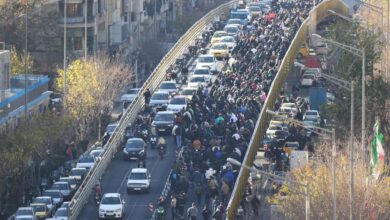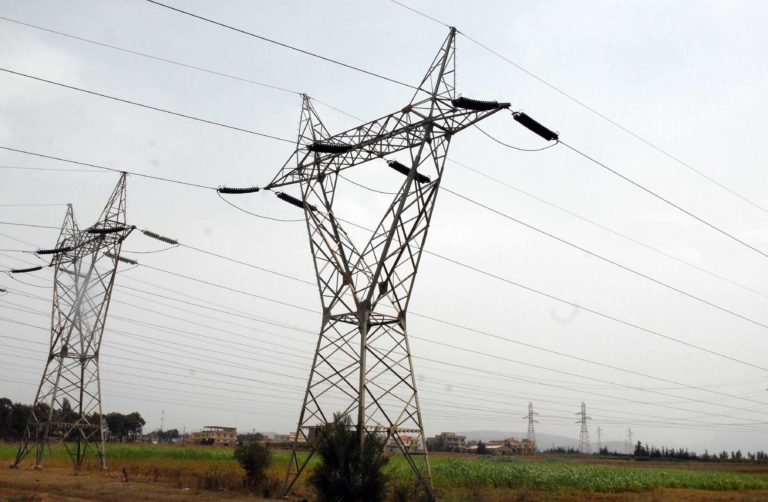Egypt's central bank introduced a new auction system for buying and selling US dollars to help conserve foreign reserves, which it said had reached a critical level.
Political turmoil over the last month has prompted a rush by investors and ordinary citizens to switch their Egyptian pounds into foreign currency on concerns the government might devalue or bring in capital controls.
The central bank has spent more than US$20 billion in foreign reserves to support the pound since a popular uprising toppled Hosni Mubarak in early 2011 as turmoil has chased away tourists and foreign investors.
Reserves fell by $448 million in November to $15.04 billion, enough to cover barely three months of imports, and bankers said the rush to buy dollars was certain to have drained foreign reserves even further in December. The bank is expected to report December figures in the first week of January.
"The current level of foreign currency reserves represents the minimum and critical limit," the bank said on its website on Saturday.
"This requires their being conserved for critical uses, as represented in fulfilling foreign debt obligations to preserve Egypt's reputation in international financial markets and to cover imports of strategic commodities," it added.
The new system will take effect as of Sunday, 30 December, and run alongside and not affect the current interbank currency market, the bank said.
It said the auctions would be held regularly and that banks would be asked to submit bids but gave few other details.
Egypt said it would continue to meet installments and interest payments on its foreign debt and allow transfers by foreigners who had invested on the stock exchange.
The central bank said the banking system's finances remained "strong and secure" but called on Egyptians to "rationalize their use" of foreign currency and not to speculate.




